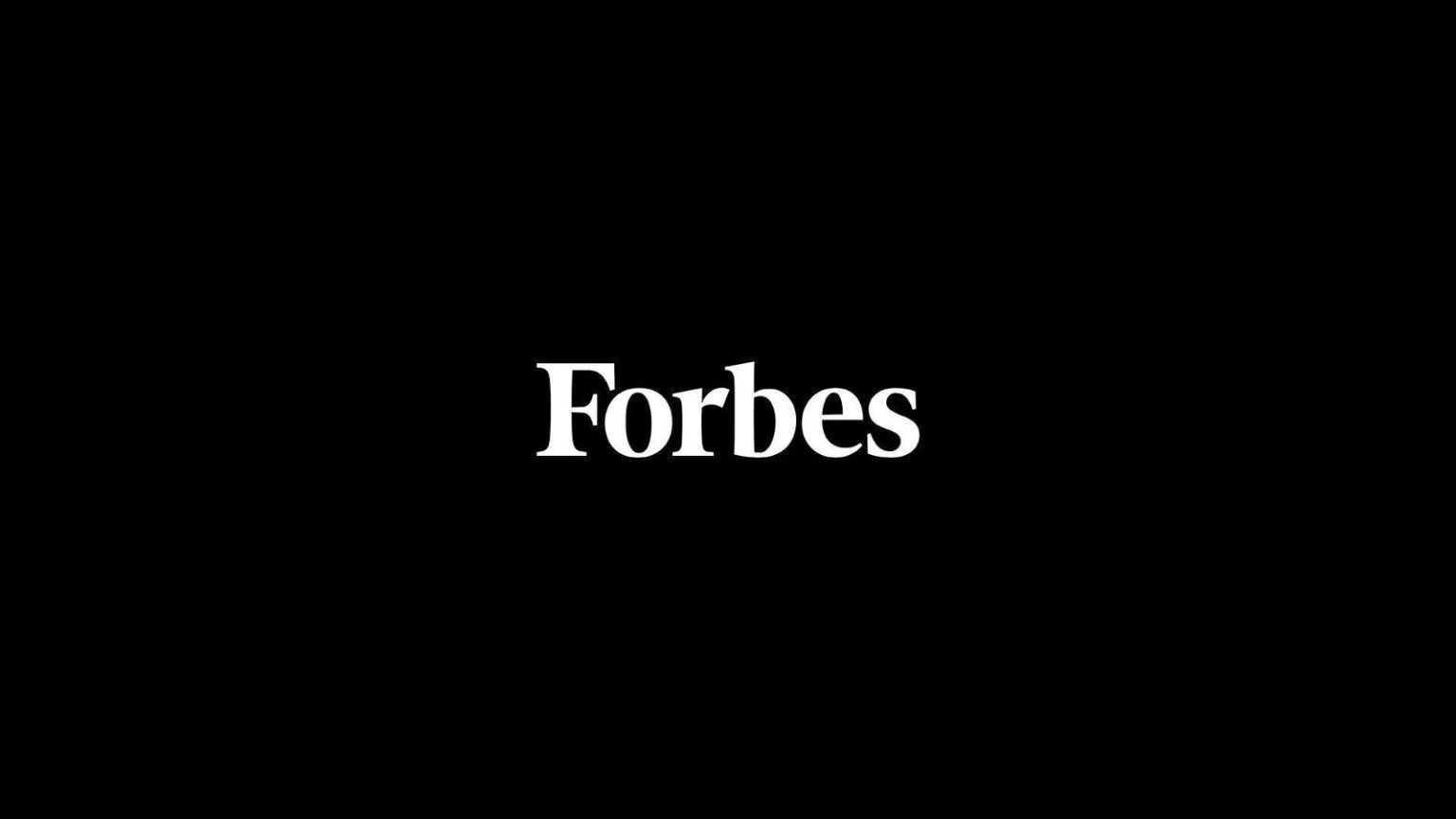The focus of businesses on governance and robust processes and controls to manage UK taxes has increased in recent times. The emphasis is now on how tax compliance is handled rather than on optimizing the amount of tax due or recoverable. This shift in approach is driven by the heightened scrutiny surrounding tax matters, with media reporting, strict measures by HMRC against tax evasion, and challenging economic conditions contributing to the changed climate for businesses and tax advisers.
Technology has played a significant role in automating aspects of VAT compliance, especially through the UK’s Making Tax Digital for VAT regime. This regime covers almost all UK VAT registered persons and includes a penalty regime for failings in MTD. As MTD evolves to potentially include other UK taxes, businesses need to adapt to these changes to ensure compliance with HMRC’s requirements. This includes being prepared for potential audits and having clear processes in place to manage VAT obligations effectively.
Various changes in the tax landscape, including VAT decisions in tribunals, disputes with HMRC, digitization, new business models, and international trade requirements, have necessitated businesses to have adaptable and robust processes in place to navigate these challenges. It is crucial for businesses to identify relevant changes in the indirect tax regime, allocate responsibilities for VAT returns, ensure accurate review and sign-off processes, provide ongoing training for staff involved in VAT, and establish links with business teams to address VAT implications for new products and revenue streams.
For businesses subject to the Senior Accounting Officer (SAO) regime, overseeing tax accounting arrangements and ensuring the right amount of tax is paid at the right time is a key focus. Compliance with digital record-keeping requirements and the establishment of digital links between software applications used in VAT return preparation are vital considerations. The SAO of the organization must certify appropriate tax accounting arrangements, emphasizing the importance of process and controls in managing tax obligations effectively.
In addition to VAT, similar principles apply to customs duty, especially in the post-Brexit landscape where more businesses are importing goods into the UK. Customs duty represents an irrecoverable cost for businesses, and delays in importation can disrupt supply chains. To enhance efficiency in customs compliance procedures, businesses should review their processes to identify areas for improvement and ensure compliance with customs regulations.
In conclusion, businesses need to prioritize robust processes and controls to effectively manage their tax obligations in the evolving tax landscape. With increasing scrutiny and regulatory requirements, it is essential for businesses to adapt to changes in VAT, customs duty, and other tax regimes to ensure compliance and mitigate risks. By focusing on governance, automation, training, and compliance procedures, businesses can navigate the complexities of tax requirements and optimize their tax management processes.


